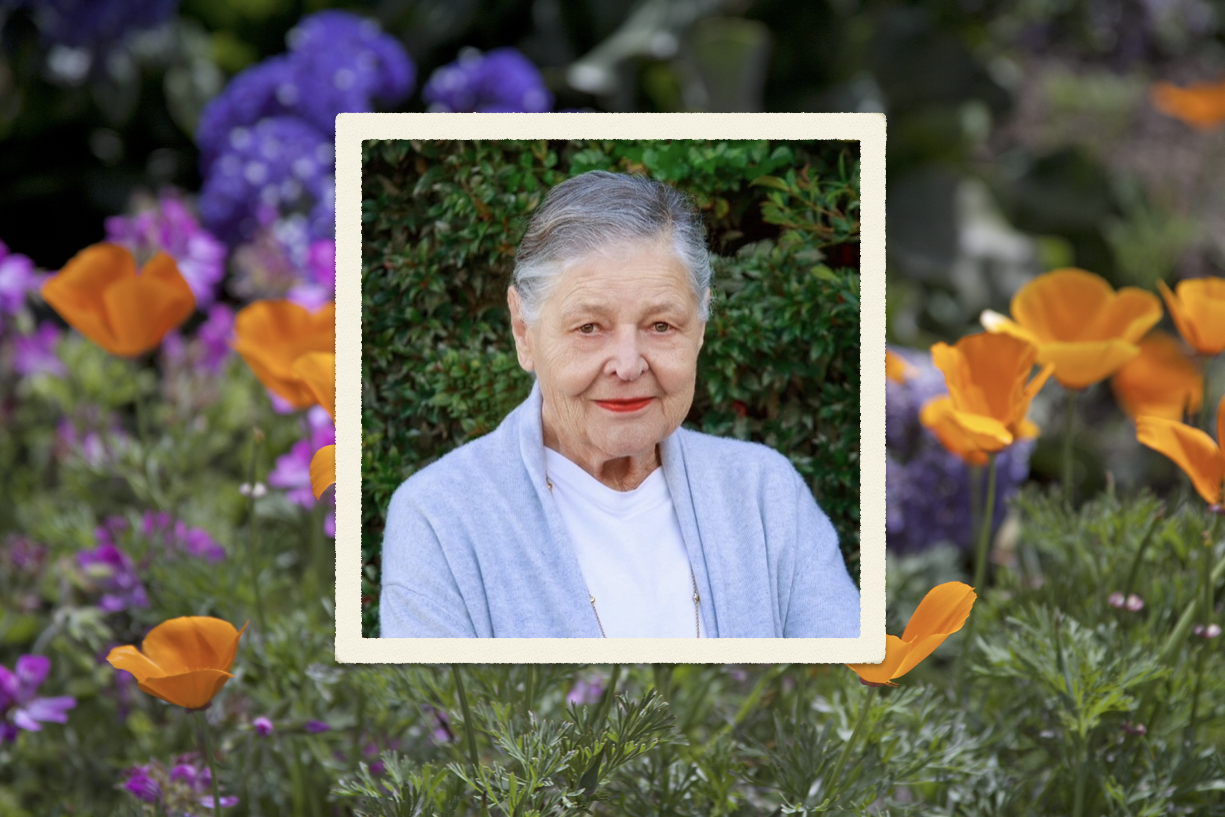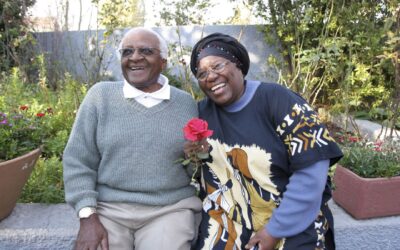Three Good Things
A way to tune into the positive events in your life.
From UC Berkeley’s Greater Good in Action; recommended to us by our friend Jean Watt. Jean did this gratitude practice every day.
“Attitude is everything,” Jean told us. “So in the morning, instead of thinking, Oh my gosh, I’ve got to go through all this stuff again — the oxygen, the wheelchair, the challenges of aging, you name it, whatever myself or others are going through — you think of three good things. And then I focus on what’s good about this day. And of course there are good things.”
(You can our interview with Jean here: An Interview with Jean Watt: What Can I Do? A Life of Service & Compassionate Action.)
Time Required
10 minutes/day for at least one week.
How to Do It
Each day for at least one week, write down three things that went well for you today, and provide an explanation for why they went well. It is important to create a physical record of your items by writing them down; this can be more helpful than simply doing this exercise in your head. The items can be small, everyday events or more important milestones (e.g., “my partner made the coffee today,” “My grandparents were happy when I brought them groceries,” or “I earned a big promotion”). To make this exercise part of your daily routine, some find that writing before bed is helpful.
As you write, follow these instructions:
- Give the event a title (e.g., “I received a compliment on something I’ve been working hard on”).
- Write down exactly what happened in as much detail as possible, including where you were, what you did or said, and, if others were involved, what they did or said.
- Include how this event made you feel at the time and how this event made you feel later (including now, as you remember it).
- Explain what you think caused this event—why it happened.
- Use whatever writing style you please, and don’t worry about grammar or spelling. Use as much detail as you’d like.
- If you find yourself focusing on negative feelings, try to refocus your mind on the good event and the positive feelings that came with it. This can take effort but gets easier with practice and can make a real difference in how you feel.
Why You Should Try It
In our day-to-day lives, it’s easy to get caught up in the things that go wrong and feel like we’re living under our own private rain cloud; at the same time, we tend to adapt to the good things and people in our lives, taking them for granted. As a result, we often overlook everyday beauty and goodness — a kind gesture from a stranger, say, or the warmth of the sun on a chilly morning. In the process, we frequently miss opportunities for happiness and connection.
This practice can help counterbalance those tendencies. Although emotions like disappointment are natural and serve an important purpose, it can be draining to focus all our attention on them. By remembering and listing three positive things that happened in your day — and considering what caused them — you tune into the sources of goodness in your life. It’s a habit that can change the emotional tone of your life, energizing you with positive feelings of gratitude — which may be why this practice is associated with significant increases in happiness.
Why It Works
By giving you the space to focus on the positive, this practice teaches you to notice, remember, and savor the better things in life. It may prompt you to pay closer attention to positive events down the road and engage in them more fully — both in the moment and later on, when you can reminisce and share these experiences with others. Reflecting on the cause of the event may help attune you to the deeper sources of goodness in your life, fostering a mindset of gratitude.
Evidence That It Works
Seligman, M. E., Steen, T. A., Park, N., & Peterson, C. (2005). Positive psychology progress: Empirical validation of interventions, American Psychologist, 60(5), 410.
Visitors to a website received instructions for performing Three Good Things. They showed increased happiness immediately afterward, as well as one week, one month, three months, and six months later.
Who Has Tried the Practice?
Participants in the above study were mostly white Americans with postsecondary education and average income or above. Additional research has engaged members of other groups:
- Israeli adults showed less pessimism and reduced negative emotions one month after doing Three Good Things for five minutes daily across six days.
- Indian adolescents reported greater well-being after doing the exercise daily for one week.
- Kenyan teens in a Nairobi slum improved in anxiety, depression, and perceived social support through a community-based program that included one week of Three Good Things.
- Many different groups of people in China, including school teachers, nurses, methadone users, male prisoners, and cervical cancer patients, have been found to benefit from Three Good Things.
Sources:
Jeffrey Huffman, M.D., Harvard Medical School, Massachusetts General Hospital
Sonja Lyubomirsky, Ph.D., University of California, Riverside










0 Comments